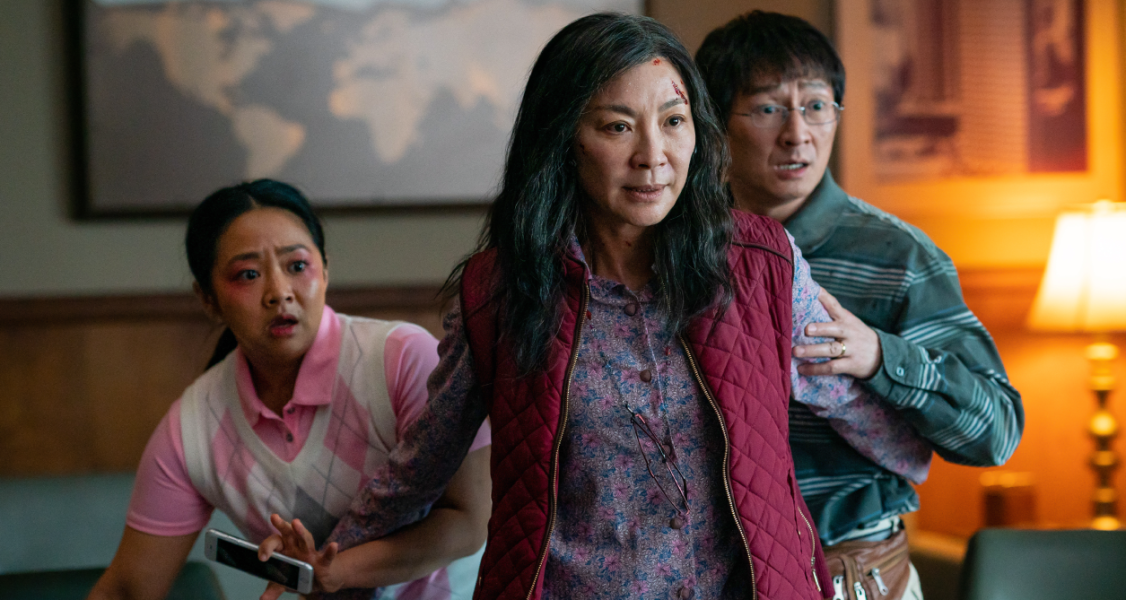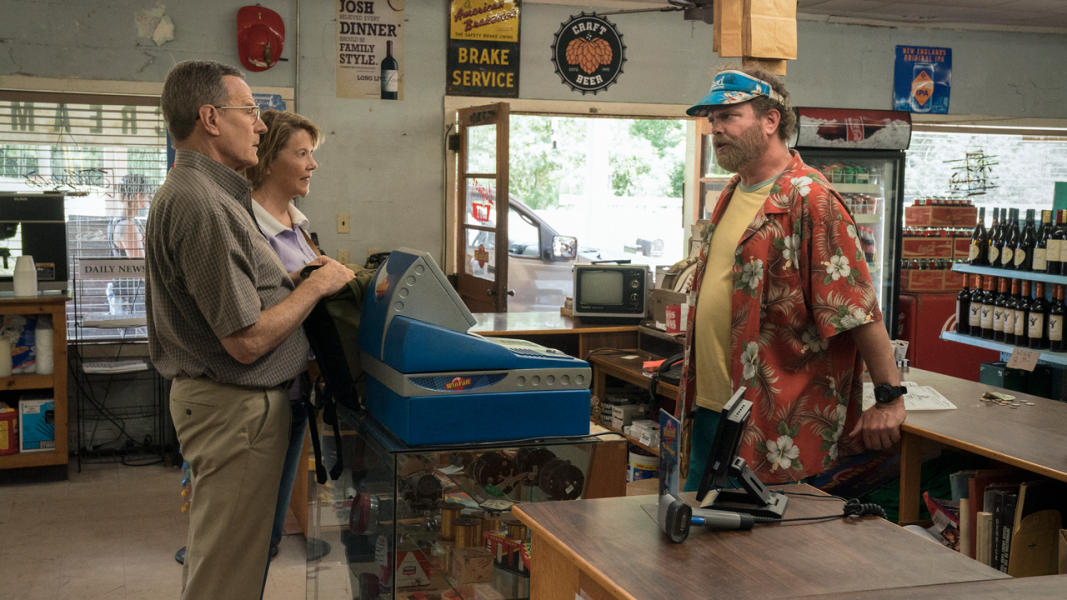- Messages
- 13,533
- Location
- Germany
The little match girl (2013/Germany)
Das Mädchen mit den Schwefelhölzern - 2013
If you want: 51 : 00
Das Mädchen mit den Schwefelhölzern - 2013
If you want: 51 : 00
Last edited:




